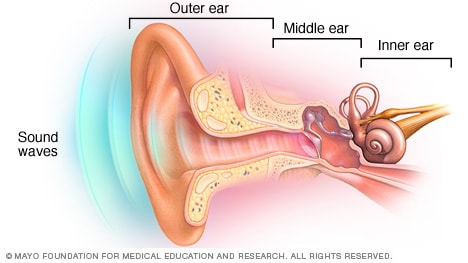The purpose of this blog is to inspire some talking and listening at the Shabbat table... Please print and share...
 Long, long ago, in a galaxy far, far away....
Long, long ago, in a galaxy far, far away....(Or so it seems....)
.... I dabbled in Buddhist meditation. After a bit of study, I then tried to practice it on my own.
But for some reason, using the classic methods didn't feel right. It felt inauthentic, like I was invading someone else's space.
So I found myself gravitating to my childhood, saying Hebrew words that I didn't fully understand but that I later learned is in fact the world's oldest meditation still in use.
First question for your table: What is it?
The answer, of course, is the "Shema".
The second question's probably a little easier: Do you know the "Shema" by heart?
But the 3rd question is going to stump most people: Can you translate it?
"Wait," you object, "Doesn't it mean 'Hear O Israel etc....'?????"
Well, maybe.
But what does "hear" actually mean?
The famous Vilna Gaon (whom every Jew should be proud to know about) taught that the word "shema" ("hear") has three distinct denotations, which are similar to the way we use "hear" in English.
4th Q - Can you guess what they are?
1. The physiological auditory process
2. Understanding
3. Internalizing.
So that covers the first word. What about the rest?
Shabbat Shalom.
No comments:
Post a Comment